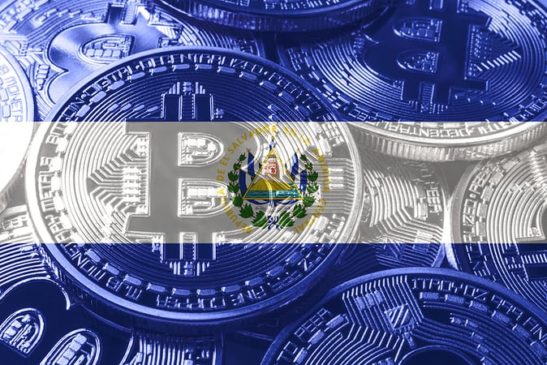The legislative overhaul attracts the philanthropic foreigners keen on contributing to the economic, social, and cultural development of El Salvador through Bitcoin donations.
In a recent development, the Legislative Assembly of El Salvador has reportedly approved a migration law that facilitates expedited citizenship for foreigners contributing Bitcoin (BTC) donations to government social and economic development programs.
The reform, endorsed by Nayib Bukele’s New Ideas party, passed through the country’s legislature on December 21, as reported by Reuters. The new law is also anticipated to take effect in the coming days.
Nayib Bukele, the current leader of El Salvador, temporarily stepped down from his position to focus on the presidential campaign for the upcoming election on February 4, 2024. Bukele played a pivotal role in El Salvador’s adoption of Bitcoin as legal tender in September 2021.
The legislative reform emphasizes the “vital interest” of the president’s development initiatives, specifically acknowledging “altruistic foreigners interested in supporting the economic, social, and cultural development of El Salvador… by donating Bitcoin.”
It’s worth noting that the law does not specify any minimum requirement for the “donation”. At press time, Bitcoin is trading at $43,692 levels.
While the Salvadoran government has not formally declared the new law, the National Bitcoin Office (ONBTC) has shared various posts on X (formerly Twitter) that discuss the development. The ONBTC functions as a dedicated administrative unit overseeing all Bitcoin and cryptocurrency initiatives across the country.
El Salvadors Freedom Visa Program
The occurrence follows approximately two weeks after El Salvador introduced a Bitcoin Freedom Visa, allowing foreigners to obtain the visa by investing $1 million in BTC or Tether (USDT) in the Central American nation.
Acquiring citizenship in El Salvador comes with a notably higher price tag compared to neighboring Caribbean countries, starting at $100,000. If all slots are occupied, this initiative has the potential to generate $1 billion for El Salvador, resembling the successful citizenship-by-investment program in Vanuatu, which yields millions in annual revenue.
Currently grappling with financial constraints, Bukele’s government is actively negotiating with the International Monetary Fund (IMF) for a new financing program. Furthermore, concerns over El Salvador’s sluggish economic growth have prompted these discussions. The IMF has been vocal in expressing its apprehensions about the risks associated with El Salvador’s adoption of Bitcoin as legal tender.
Like the Sprott physical Gold ETF, #ElSalvador’s #Bitcoin ETF will give investors a #BTC exit with actual BTC.
This will put the 13 BTC ETF’s to be listed in the US to shame. pic.twitter.com/xEsKBqaCdB
— Max Keiser (@maxkeiser) December 21, 2023
On the other hand, El Salvador is reportedly working on launching its own Bitcoin ETFs in the market. Max Keiser suggests that El Salvador is considering the introduction of a Bitcoin ETF within its borders. Diverging from existing ETF applications predominantly featuring fiat iterations, this potential ETF would facilitate both Bitcoin deposits and withdrawals, presenting a more encompassing avenue for cryptocurrency investments.




